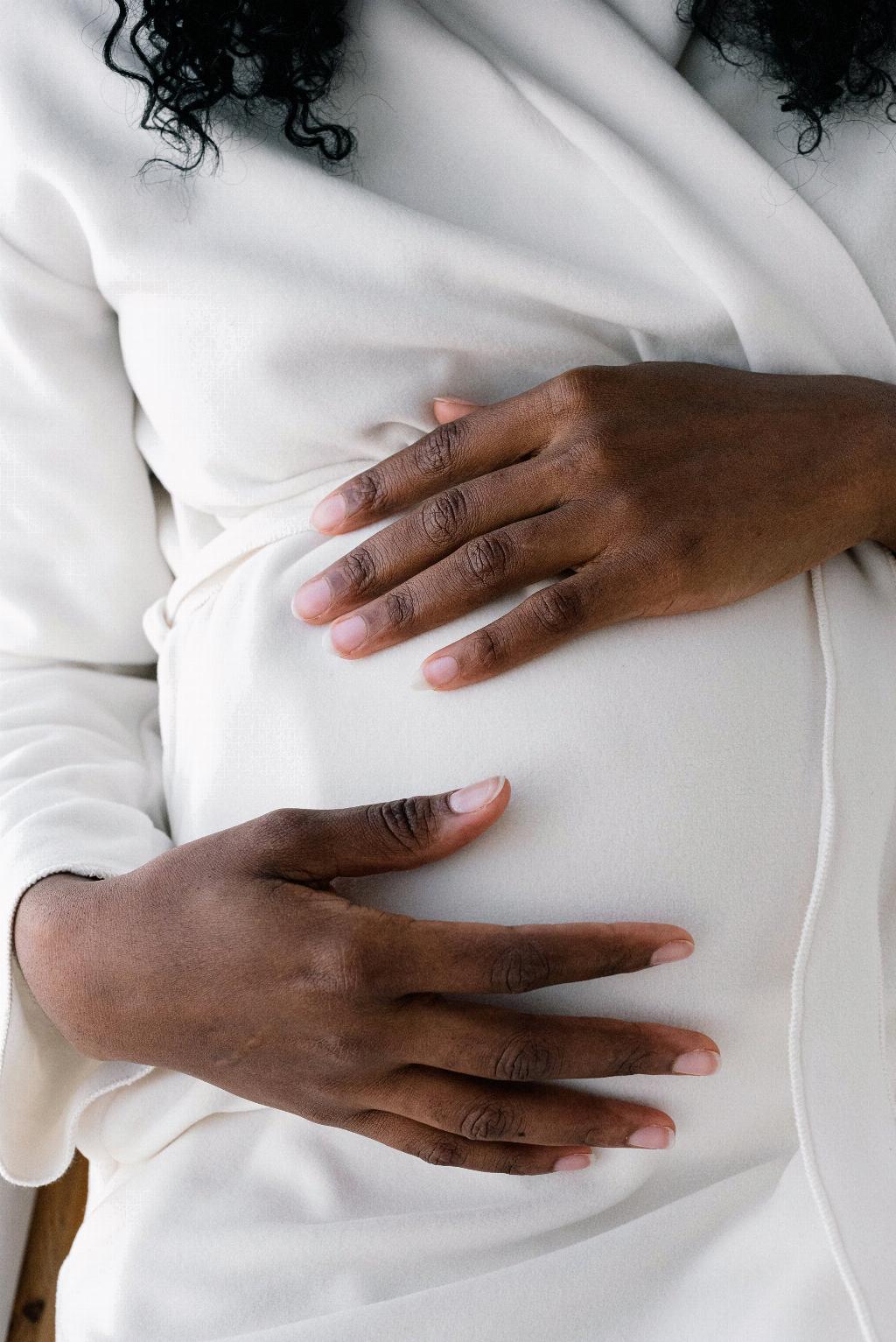Sex during very early pregnancy can be a unique experience for different women. The changes happening in your body can have an impact on how intercourse feels at this stage. Hormonal fluctuations, increased blood flow to the pelvic area, and changes in sensitivity might influence your sexual experiences.
One common change that some women notice in early pregnancy is a decrease in vaginal lubrication. This can happen due to hormonal shifts, and it may lead to discomfort or irritation during sex. Using a water-based lubricant can help alleviate this issue and make intercourse more comfortable.
On the other hand, some women report feeling increased wetness during early pregnancy. This can be attributed to the increased blood flow to the pelvic region, which can lead to heightened arousal and lubrication. It’s important to listen to your body and communicate with your partner about any changes you notice.
Aside from changes in lubrication, some women may experience heightened sensitivity in their breasts and nipples during early pregnancy. This can make sexual stimulation more intense and pleasurable for some individuals. Exploring different forms of intimacy and communication with your partner can help navigate these changes.
It’s essential to acknowledge that every woman’s experience with sex during early pregnancy is unique. Some may find that their libido increases, while others may experience a decrease in sexual desire due to fatigue or other pregnancy symptoms. Open and honest communication with your partner is key to ensuring that both parties feel comfortable and supported.
Changes in hormones can also play a role in how a woman perceives sexual activity during early pregnancy. Some women may find that they are more emotionally connected to their partners, leading to a deeper sense of intimacy during sex. Understanding and respecting each other’s needs and boundaries is crucial during this time.
If you experience discomfort or pain during sex in early pregnancy, it’s important to consult with your healthcare provider. While some mild discomfort can be normal due to hormonal changes and increased blood flow, persistent pain should be addressed to rule out any underlying issues.
Exploring alternative forms of intimacy beyond penetrative sex can be beneficial during early pregnancy. Engaging in activities like sensual massage, cuddling, and oral sex can help maintain intimacy with your partner while accommodating any physical changes or discomfort you may be experiencing.
Remember that it’s okay for your sexual preferences and desires to shift during pregnancy. Your body is undergoing significant changes, and it’s essential to be patient and understanding with yourself. Communicating openly with your partner about your needs and concerns can help facilitate a supportive and fulfilling sexual relationship.
It’s common for women to experience fluctuations in their libido throughout pregnancy. While some may feel a surge in sexual desire during certain trimesters, others may find that their interest in sex decreases. These changes are normal and can vary widely among individuals.
Overall, the experience of sex during very early pregnancy can differ from person to person. Being attuned to your body’s signals, communicating openly with your partner, and seeking support from healthcare professionals when needed are all essential components of navigating this unique period in your sexual relationship.
Remember that prioritizing your physical and emotional well-being is paramount during early pregnancy. Listening to your body, honoring your needs, and engaging in open communication with your partner can help cultivate a supportive and fulfilling sexual connection throughout this transformative time.

